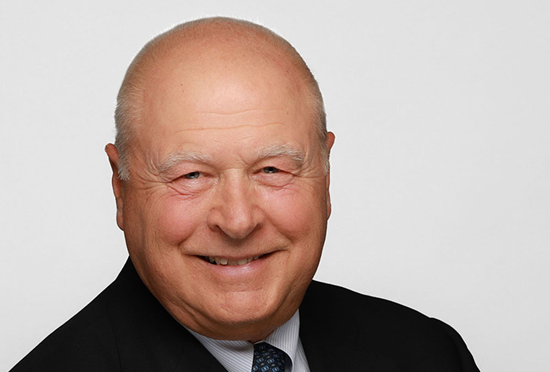Biggest failing of RDR is advice gap

This gap is born out of advisers finding advice was too expensive for some clients or too unprofitable banks pulling out of advice and customers being unwilling to pay for advice. Removing the cross-subsidy inherent in management and advice fees may be fair, but RDR did not replace it with anything or consider the downstream impact on lower-value customers, says the survey.
“A key question in every market is how more people can be persuaded to save and regulatory change can be an opportunity to facilitate this. But it will not be enough. More generic education and guidance, together with tools to enable investors to make their own decisions where necessary, are to be welcomed. But regulators need to provide clarity to the industry on what is, and is not advice,” said Marc Saluzzi, chairman of Alfi.
Survey participants said the regulator could have done better in the UK is to map out a timeline of what the requirements of the regulation are, what they would achieve and when that burden might start to ease.
The feedback from advisers in the UK is that regulatory costs have continually risen both through the higher qualification requirements and through increasing reporting and documentation.
Alfi has said that the overwhelming lesson from RDR is that the industry must meaningfully engage with the regulators in order to create an easier process and regulation that works effectively for all concerned.
“The main message for the industry is that, to anticipate and avoid any pitfalls, we must engage, engage, engage; engage with policy makers, engage with the regulators, engage with distributors and, last but not least, engage with consumers,” said Saluzzi.
“Regulators and the industry need to work together to ensure clients of all sizes can access affordable advice and investment products that can ultimately drive significant growth for our industry and lead to more satisfied investors.”
The study noted that the focus on price has been inevitable but has also played out in unexpected ways, with consistent alpha-generators able to charge a premium for their fund and passive solutions have fallen to new lows, resulting in flows into passive investment funds having grown.
There has also been a substantial rise in solutions and packaged products such as fund of funds and risk-profiled solutions that allow advisers to provide a relatively low-cost and low-touch service. As a result, influencers and gatekeepers that manage model portfolios are increasing the overall control of the industry.
There have been some interesting changes in the value chain with advisers outsourcing investment to wealth managers, and vertical integration being back in the UK, with insurance companies becoming active once again.
Found this useful?
Take a complimentary trial of the FOW Marketing Intelligence Platform – the comprehensive source of news and analysis across the buy- and sell- side.
Gain access to:
- A single source of in-depth news, insight and analysis across Asset Management, Securities Finance, Custody, Fund Services and Derivatives
- Our interactive database, optimized to enable you to summarise data and build graphs outlining market activity
- Exclusive whitepapers, supplements and industry analysis curated and published by Futures & Options World
- Breaking news, daily and weekly alerts on the markets most relevant to you




